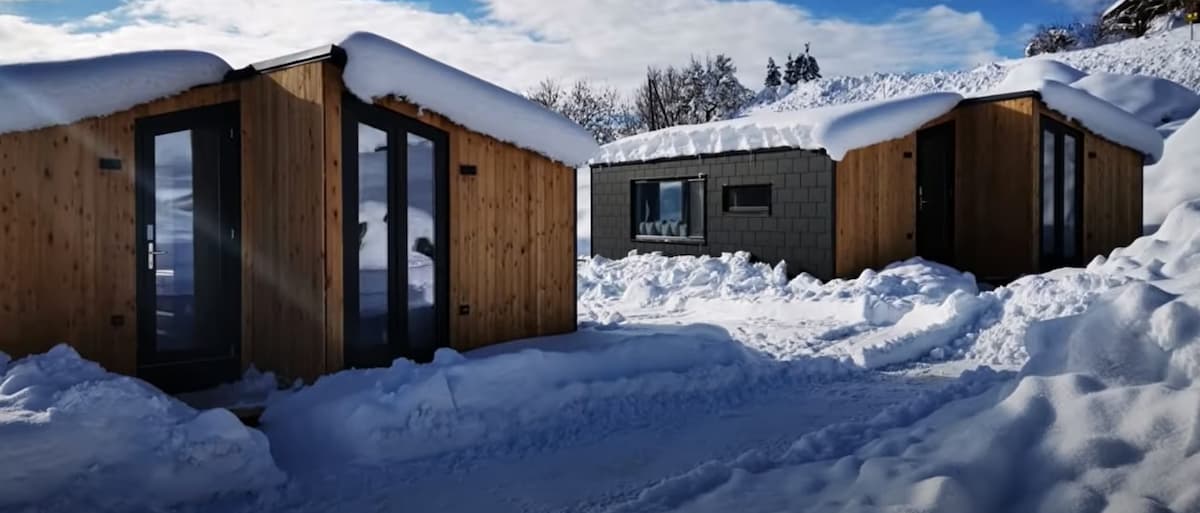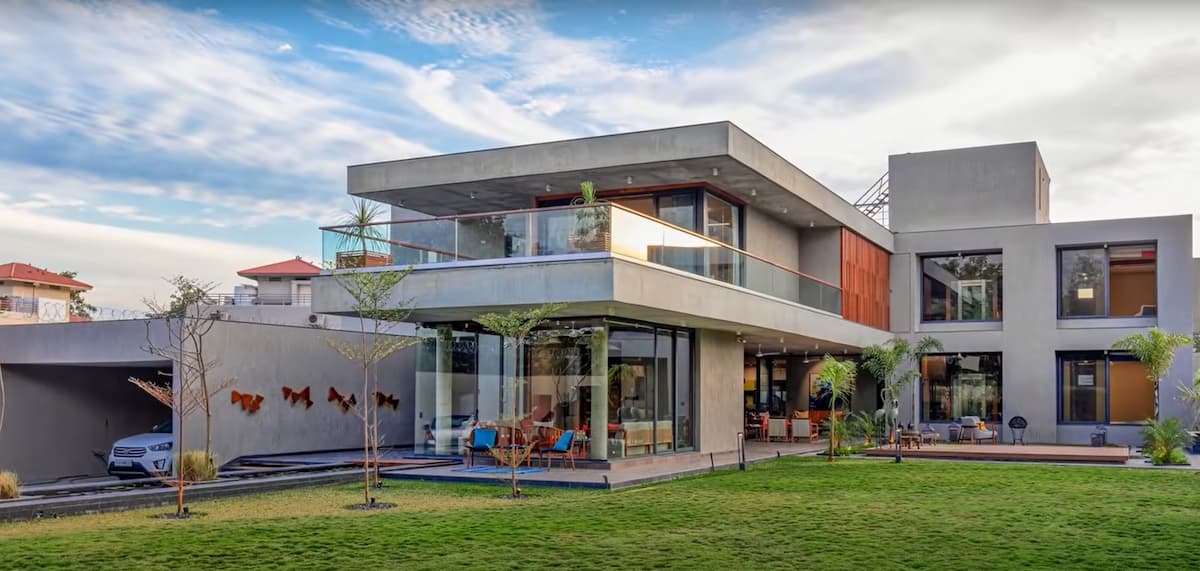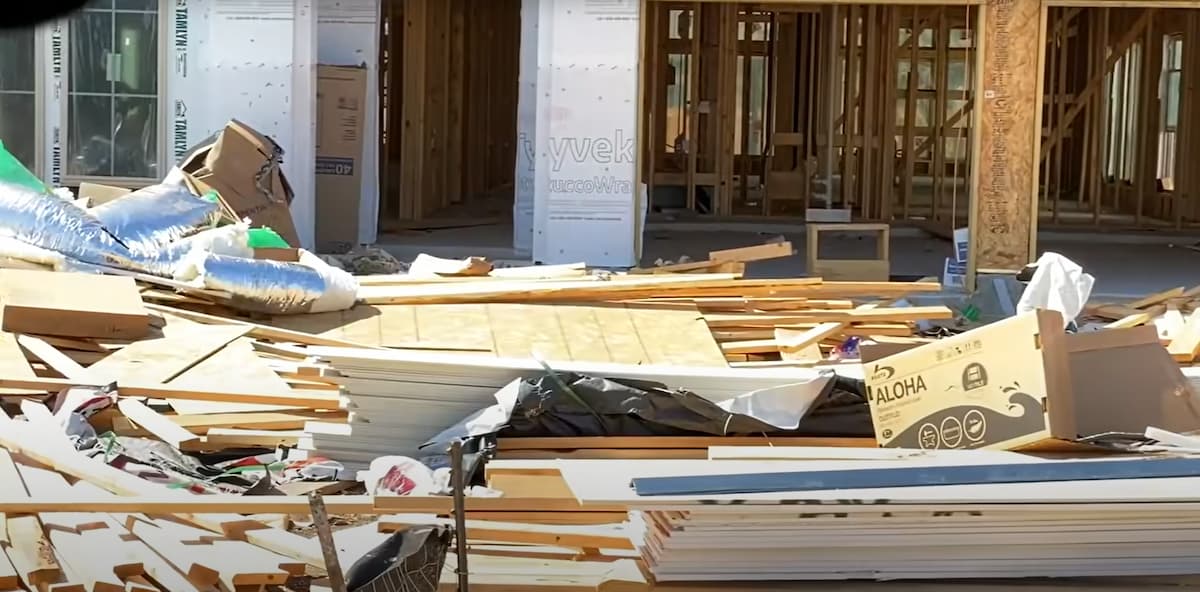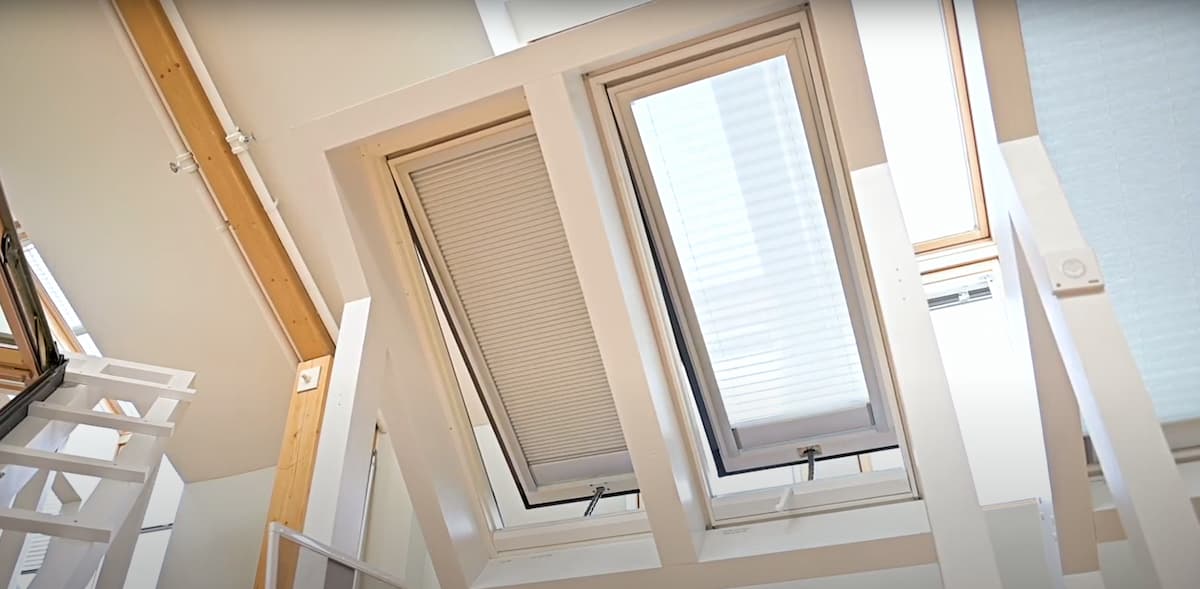
Types of House Extensions
House extensions come in different forms and sizes, depending on how large the home extension is. Some of the most common types of home extension are; single-storey side returns, second-storey extensions, double garage conversions and loft conversions, ground floor extension, first-floor extension etc.
How Much does It Cost to Add an Extension to Your House?
Home extension costs vary dramatically depending on the size and type of your house extension. Still, they can be anything from £10k for a small single-storey rear dormer to more than £100k for a budget renovation or second-storey extension.
What is the Cheapest Way to Extend Your House?
There are many ways to extend your property, both big and small. However, there will always be pros and cons for each option you decide to take, so you must weigh up all of the options before making a decision. If you’re not sure where to start looking, then here’s some advice on how to go about getting the best value for money for your house extension.
House Extension
Building an additional room onto the side or top of your existing house can provide excellent value for money as long as you plan carefully what you want from this extra space because if done incorrectly, it won’t solve any problems in your home whatsoever. It would be best to consider whether or not planning permission will be needed; this depends on how much work is being done and whether or not the extension will be the same height as your current house.
If you’re planning a more extensive development, then it might be worth looking into ways of decreasing costs, such as building in winter when construction prices tend to be lower. Also, it’s important to remember that paying for expensive finishes, a larger house, more extensive ground floor extension etc., can inflate costs, so sometimes it’s better to opt for DIY alternatives where possible or mid-range fittings.
You should also consider how long you plan on staying in this home and if there is anything else you want from your house at this point? If you don’t plan on remaining here for too long, then perhaps minor alterations would suffice, but if you plan on making this place your forever home, then why not invest in a house extension?
Home Extension Costs
Once you’ve decided on the type of house extensions you want, it’s time to consider how much work is involved. The price estimate of your project will vary depending on how much work needs doing, so bear that in mind when setting yourself an average budget. It’s also worth taking in mind that choosing high-quality materials can inflate costs significantly. So there are cheaper options available if DIY is not something you feel too confident doing yourself.
Also, consider whether or not hiring professionals is right for you; although this does tend to be more expensive than using your own fair hands, it could be beneficial to have experienced individuals working on the project because they may know better ways of building to keep costs low. Remember to prepare for unforeseen costs as well.
So if you have a tight budget and you’re out for the ultimate cheapest way to extend your house, then don’t forget to consider hiring people with fewer qualifications but plenty of experience in the building trade because they may be able to offer a more affordable service due to their limited liabilities.
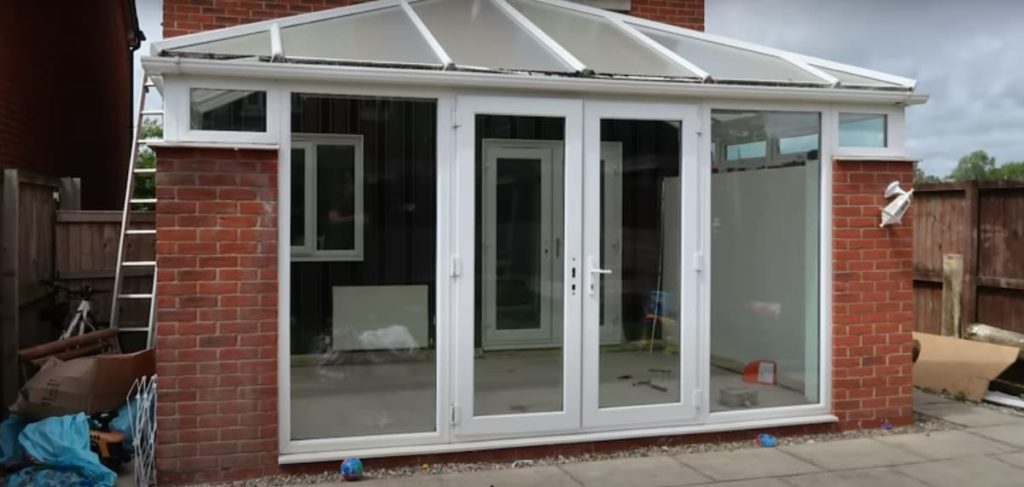
How Much does a House Extension Costs in Australia?
House extension costs vary depending on how you choose to extend your house and what material you’re extending with. The most common materials for a home extension are brick, block and aluminium cladding.
Although the type of material will affect the total cost of the home extension, the actual size of your proposed project is also essential. Extensions can range from a room or two at one end of a house to more massive projects involving several bedrooms and a larger bathroom being added onto a property.
As you can imagine, there will be a big difference in price between building an extension consisting of just a couple of rooms compared to a whole new wing. As such, it’s necessary to consider carefully what size you want or need before making any decisions about your home extension plans.
House extension costs vary depending on how you choose to extend your house and what material you’re extending with. The most common materials for a home extension are brick, block and aluminium cladding. Although the type of material will affect the total cost of the home extension, the actual size of your proposed project is also essential.
It would help if you also considered another cost, building with an existing home and securing a building permit. You won’t know the exact cost of extending a house until you’ve made plans and learn how large the extension is going to be and what will be included.
How do I Hire a Professional Builder for House Extension Projects?
Home extension cost and Fix price can be a little tricky to compare, as they are often quoted at very different prices.
Here’s what to consider when hiring a professional builder for your house extension project:
1. The Home Extension Cost + Fix price offers you the best value for money possible. Offer includes all of the work that needs to be done to complete the project – this includes our labour costs, any materials used and removal costs! We take care of everything from start to finish and offer an all-inclusive price that is 100% fixed with no hidden extras or nasty surprises. As we’re a professional and experienced home extension builder, we can provide you with a range of house extension costs and Fix price packages to meet your budget and requirements.
2. Home Extension Cost + Fix Price quotes are designed for those who want to pay as they go along. Because budget renovation
3. If you don’t mind the hassle of using several different merchants, then consider hiring a building contractor or developer as they will be able to manage the whole project from start to finish as well as keeping within your budget too!
If you would like more information about how we work out our Home Extension Cost + Fixed price package, be sure to reach out to a professional home extensions builder for your price estimates and an accurate quote of all the costs you would incur in achieving your living space extension; as well as guidance on securing a local council and building permit.
How do You Plan for a Ground-level Extension?
Basement space extensions, if underground and adequately built, should be structurally no different than a larger ground floor extension. Basements usually require more reinforcement materials to support the weight of the soil above them. Basements would likely need an independent waterproofing system that protects them from any groundwater or moisture that may seep into the area. Basements are typically smaller in size because they will not raise an additional floor level. Basements are ideal for housing utilities, boiler rooms, mechanical areas, entertainment spaces, laundry rooms or storage areas.
Ground floor extensions are almost always preferable when you can work with your site’s design limitations to create space on the existing grade without digging below it. Ground-floor additions are always valuable for giving yourself some extra space, but they can also be an opportunity to create a more architecturally interesting home. When the expansion is attached to the house’s exterior wall, it can give your home a new lease on life by completely changing its character and appearance. It might not even look like an addiction because it could simply replace existing windows or doors.
Separate Rooms
Do you want are essential when considering how much it costs to build an addition? It also includes things like landscaping, pool fencing and where the power supply comes from (e.g. detached/attached). The best advice here if you’re looking for accurate final cost is to get quotes from at least three different companies for every type of work involved in your project.
Factors Impacting the Cost of a House Extension?
House extensions in Australia are becoming more and more common today. This is for several reasons, including the increasing demand for housing, increase in the cost of land, lifestyle changes and an overall need to make better use of space.
While house extensions include adding an additional level, they have other types like single storey or second storey indoor/outdoor space that could be attached or detached when necessary. Also, your preference will affect extra costs, for example, an ensuite bathroom extension will cost more than a budget bathroom renovation or just a regular large bathroom extension.
Keeping this in mind when thinking about how much it costs to add extra space to your home, many different factors need to be considered before getting the final cost.
The two main factors influencing the cost of house extension are size and build type, i.e. whether you want it attached or detached from your existing structure.
To help you understand what major factors impact the cost of a house extension, we have broken down four main areas that need to be considered.
1) Final Cost
What is the total size of your proposed extension? What will it include – an extra bedroom, storey addition, larger bathroom or living room etc.? Is there an open plan design, or will you choose separate rooms? Will you have new plumbing or new wiring? Questions like this need to be answered as they will result in additional costs to your budget.
2) Per Square Metre
How big is the area that needs to be built? Taking into consideration all of these factors, what would be your final per square meter? This will help you determine whether it can be easily attached to your existing house or if it might need to be detached.
3) Home Improvement
What are some of the home improvement projects that need to happen before construction begins? Do you have insulation in place, for instance, or are all the walls needing a fresh coat of paint etc.? These things will also influence both the Final cost and Square metre.
4) Final Location
Construction costs vary based on where your new project is located, i.e. is it closer to the city or a more expensive area? Is it in an already planned area or will the building extension workers need to prepare for excavation work? In addition, if your extension is going to be attached, you need to consider zoning. Whether it’s not following the current zoning plan – also, real estate agent’s commission differs based on location.
These are just some of the things to consider when thinking about Final cost and Square metres. It’s important to work out the final location after the Final price and Final square metre so that the Final location can be included in your overall space calculations and site access ease when determining whether this will fit into your home or not.
The above factors, when taken together, will give you an idea of how much it costs to add house extensions in Australia. Keep in mind that there is no such thing as a one size fits all answer regarding final cost and extra cost in home improvement projects.
To get the most accurate Final cost estimate for your home, it’s best to consult with an architect who will Measure up your property and design the perfect plan for you to help you save money and cut on some other costs.


